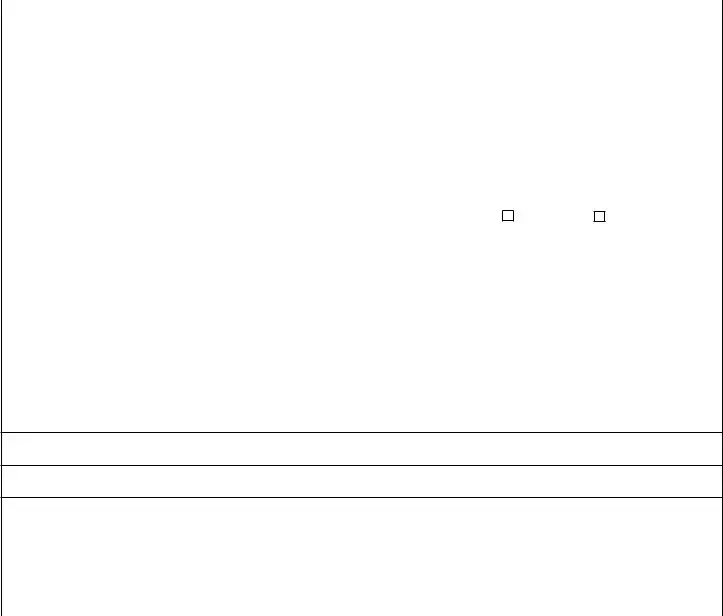What is the Colorado DR 1191 form used for?
The Colorado DR 1191 form is specifically designed for businesses to claim sales tax exemption on purchases of machinery and machine tools that are intended for use in manufacturing. This exemption applies to both state sales and use taxes when the machinery or tools will be directly and predominantly used to manufacture tangible personal property for sale or profit.
Who qualifies for the exemption provided by the DR 1191 form?
Any business that purchases machinery or machine tools to be used primarily in manufacturing tangible personal property for sale or profit in Colorado can qualify. However, the equipment must have a useful life of one year or more, and the purchases must be capitalized. Additionally, there's a limit for qualifying purchases of used equipment up to $150,000 annually.
Are there any special conditions for businesses located in Enterprise Zones?
Yes, businesses situated within designated Enterprise Zones in Colorado can benefit from an expanded exemption. This includes the purchase of machinery used solely within an enterprise zone, materials for construction or repair of machinery, and machine tools used exclusively in these zones. Noteworthy, mining operations in an enterprise zone also fit the definition of manufacturing for this exemption.
How does one claim the sales tax exemption using the DR 1191 form?
To claim the exemption, a business must complete the DR 1191 form and distribute copies appropriately: one goes to the seller of the machinery, another to the Department of Revenue, and the purchaser should keep one for their records. This process ensures both the seller and purchaser adhere to Colorado's tax laws regarding the exemption.
What are the implications for the seller when a DR 1191 form is accepted?
Once a seller accepts a completed DR 1191 form, they are relieved of any sales tax liability for that transaction. The onus then shifts to the purchaser to ensure compliance with Colorado sales or use tax laws, including any future liabilities that may arise from the purchase.
Can a business claim an exemption for equipment used outside of Colorado or in mixed-use scenarios?
No, to qualify for the exemption, the machinery must be used in Colorado and directly and predominantly in the manufacturing of tangible personal property intended for sale or profit. Equipment used outside of Colorado or for purposes other than manufacturing does not qualify. However, there is a partial exception for equipment used in an enterprise zone but also outside; it may still qualify for the statewide exemption but not the expanded enterprise zone exemption.
Does the exemption apply to local sales taxes?
This exemption specifically applies to state sales and use taxes. However, local jurisdictions in Colorado have the discretion to exempt or impose their sales taxes on manufacturing equipment. It's essential to consult publication DRP1002 or the local tax authority for guidance on local tax policies concerning manufacturing equipment.
What happens if the machinery is leased rather than purchased?
The DR 1191 form also covers leased machinery and machine tools as long as they are used in manufacturing tangible personal property for sale or profit. The exemption's conditions remain the same, including the requirement for the machinery to be used predominantly and directly in manufacturing processes within Colorado.
Where can additional information about the manufacturing exemption be found?
For more detailed information regarding the manufacturing exemption and the DR 1191 form, businesses can refer to the Colorado Department of Revenue's website at WWW.TAXCOLORADO.COM or contact their Taxpayer Service at (303) 238-SERV (7378). Additionally, FYI Sales 10 and FYI Sales 69 provide further guidance on the enterprise zone exemption and other specifics.
